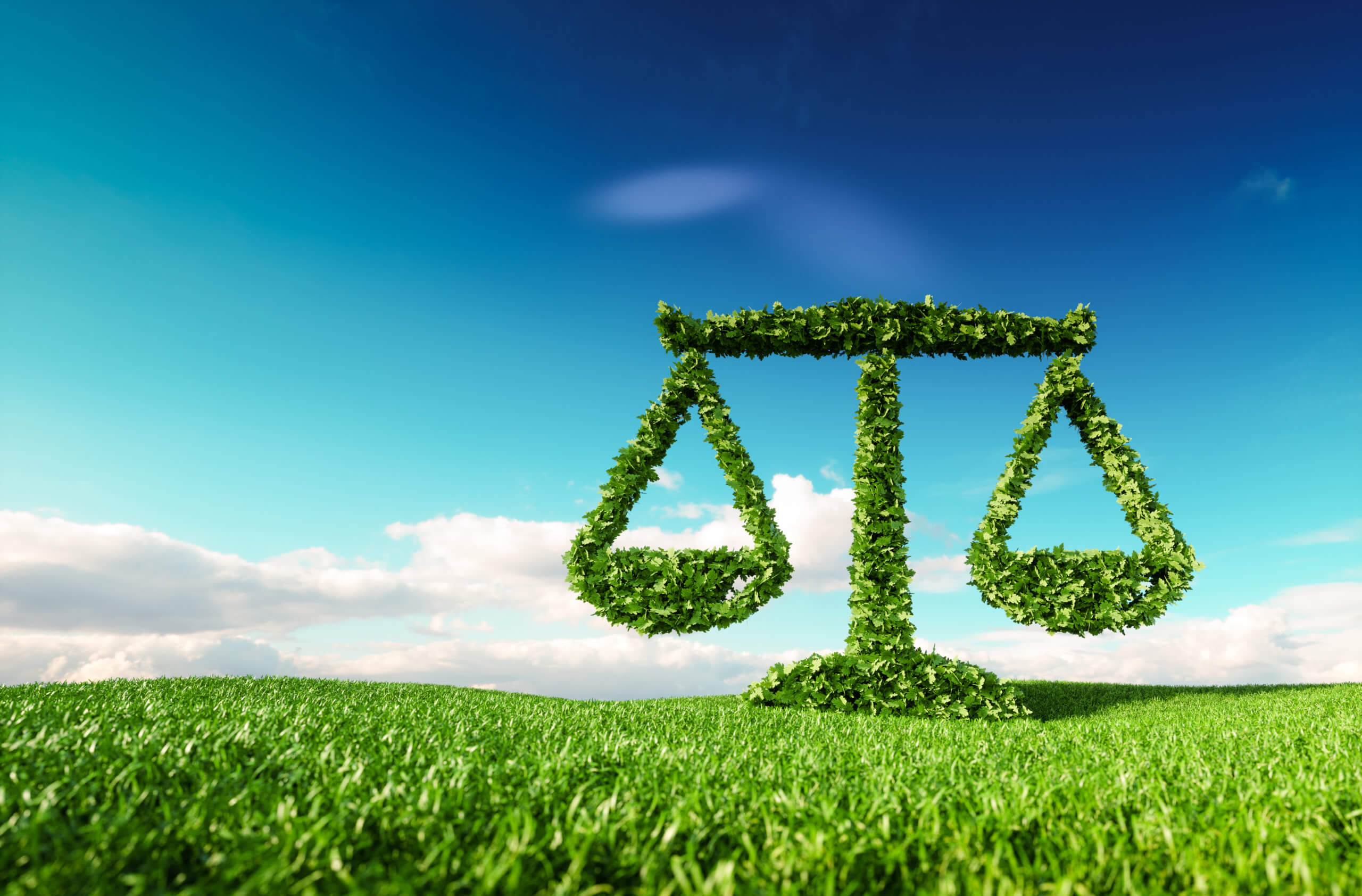
The Minderoo Foundation, an Australian-based non-profit organization, released a report in May 2021 equating the production of single-use plastics with the creation of plastic waste. By narrowly focusing on plastic producers as contributors to plastic waste, the report willfully ignores the benefits of plastics, especially in developing countries.
A closer look at the Minderoo Foundation and its founders invites new questions around the organization’s potential conflicts of interest in its attempts to attack plastic producers as well as its authority to speak on environmental issues. Comprehensive reporting on the foundation’s “Plastic Waste Makers Index,” which blames select companies and the United States for being the largest contributors to global plastic waste challenges, should also include context to understand how the Minderoo Foundation is funded and the complexities around the creation of materials that the world needs.
The Minderoo Foundation was founded by Andrew and Nicola Forrest in 2001. Just two years later, in 2003, Andrew Forrest founded Fortescue Metals Group, where he still serves as chairman of the board. Forrest also has significant investments in natural gas, including the construction of a Liquified Natural Gas (LNG) facility in New South Wales, and is the part-owner of Buru Energy, an oil and gas company in Western Australia.
The foundation notes that its funding primarily comes from the mining industry, with dividends from Fortescue Metals Group specifically named in the foundation’s annual report. Minderoo’s source of funding should be reported, as plastics has become the preferred material of choice for products in the food and beverage, automobile, and medical sectors, which were traditionally made out of metals, and sourced by companies like Fortescue. At the very least, reporting on Minderoo’s Plastic Waste Makers Index should note the foundation’s funding and how its ties to the metals industry could influence its criticisms of plastics—and its suggestion that the world switch to alternative materials rather than single-use plastics.
While the metals and mining sector undeniably creates materials that we need in our daily lives, the mining industry, like the plastics industry, can create environmental impacts that need to be weighed against the benefits and examined with an eye towards how the industry can continually improve its practices. A foundation using dividends gained from mining profits lacks the credibility to attack a material like plastics, which provide numerous environmental benefits and which we need in our daily lives.
In Australia, mining companies, including Fortescue, have permanently altered public lands and mining as a whole around the world has drawn scrutiny for its contamination of water and its impacts on air quality. This is not to say that we do not need metals, but to highlight how Minderoo cannot place blame on plastics as a global problem while its own funders engage in practices that require review and improvement. The plastics industry has already demonstrated its commitment to improve by creating programs like Operation Clean Sweep to eliminate pellet loss and making investments in technologies like advanced recycling which ensure plastics can be infinitely recycled.
In addition to his dealings in the mining and oil and gas industries, Andrew Forrest is also a heavy investor in the aquaculture sector. His company, Leeuwin Coast, brands itself as a sustainable firm that provides same-day deliveries throughout Asia. Aquaculture is an industry with a record of environmental abuse.
Additionally, the company’s promise of same-day delivery of food products would rely heavily on single-use plastic packaging, including polystyrene, to satisfy orders. However, single-use plastic products were singled out as the most detrimental product from the plastics industry in the Plastic Waste Makers Index report. This is just another point of hypocrisy that the Minderoo Foundation founders have overlooked as they point fingers and blame others for global plastic waste challenges.
Conclusion
Instead of pointing fingers, international environmental organizations should work with industry to ensure that no plastic ever ends up in the environment. Industry is already working with stakeholders to develop actionable policy solutions and make investments that lead to real change. With developments in technologies like advanced recycling and other innovative solutions, we are well on our way to a more circular economy, in which no plastic will ever be trash. Any coverage of reports that claim otherwise should be viewed with a critical eye that questions their true motive.